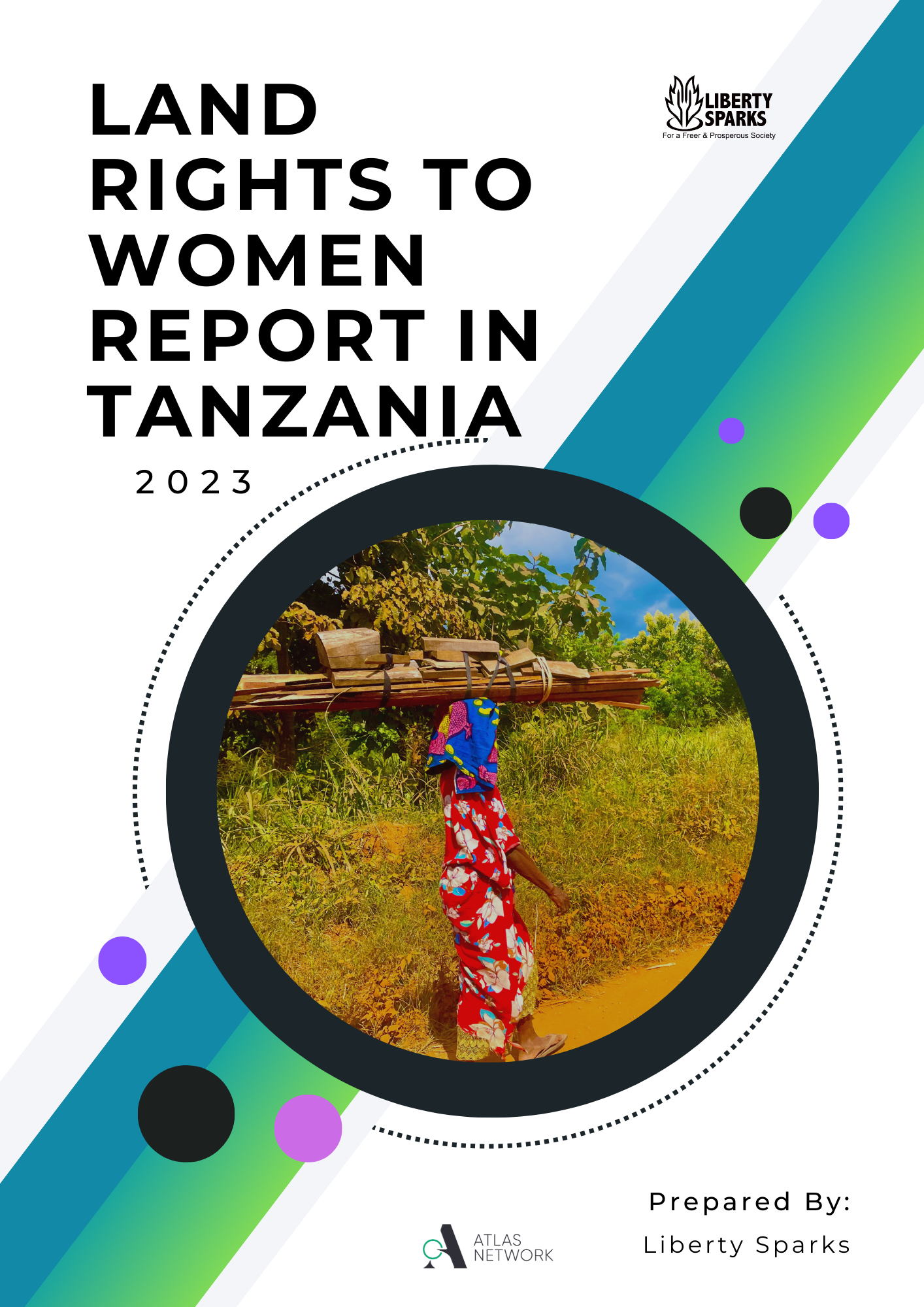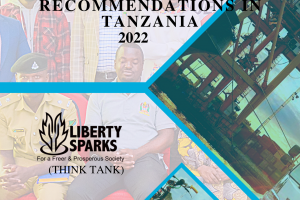
Land Rights to Women in Tanzania Report
In many parts of Sub-Saharan Africa, women, despite being central to agricultural production and driving productivity, still face significant barriers to land ownership. This blog post explores the complex relationship between gender and land rights, emphasizing that land rights are not just about ownership but a bundle of overlapping rights, including control, use, and property transfer.
Gender Dynamics and Land Rights: A Complex Web
Societal roles and expectations tied to gender create challenges for women, influencing social and economic dynamics. Achieving equality in access to land is crucial for justice and empowerment. Despite civil movements and legal reforms, gender inequality persists, not only in Tanzania but globally.
Global Lessons: A Tapestry of Challenges and Solutions
Examining experiences from Latin America, Asia, and Europe reveals that historical factors, patriarchal norms, and discriminatory laws perpetuate gender disparities. Legal reforms alone cannot address deeply ingrained cultural norms. Developed economies like Hong Kong and Scandinavian countries offer valuable lessons, showcasing the importance of strong laws, awareness, gender equality, and social support systems.
Insights from Asia: Challenges and Policy Initiatives
In Asian countries like India and Pakistan, patriarchal norms and discriminatory practices persist despite legal reforms. Lessons from Nepal’s tax exemption incentives and West Bengal’s direct government support highlight the potential impact of policy initiatives on women’s land ownership.
Women’s Land Rights in Tanzania: Unpacking Challenges
Tanzania, like many developing countries, faces gender inequalities in land access. A study in Makete reveals challenges such as illiteracy, lack of awareness, and limited assets among women. Customary and statutory tenures coexisting, negative attitudes, and outdated customs further complicate the situation.
Legal Frameworks in Tanzania: Navigating Challenges
While Tanzania has legal frameworks addressing women’s land rights, challenges persist. The legal landscape includes the Constitution, Land Acts, and policies emphasizing gender equality. However, the dualism of property rights systems, inadequate knowledge, negative attitudes, and archaic customs hinder effective implementation.
Download the Full Report Here
Pakua Ripoti kwa Lugha ya Kiswahili hapa:
Note: This blog post is a summary. For in-depth insights, please refer to the full report.



Statement: A Peaceful, Freer and Prosperous Africa can Defeat Coups- African Think Tanks